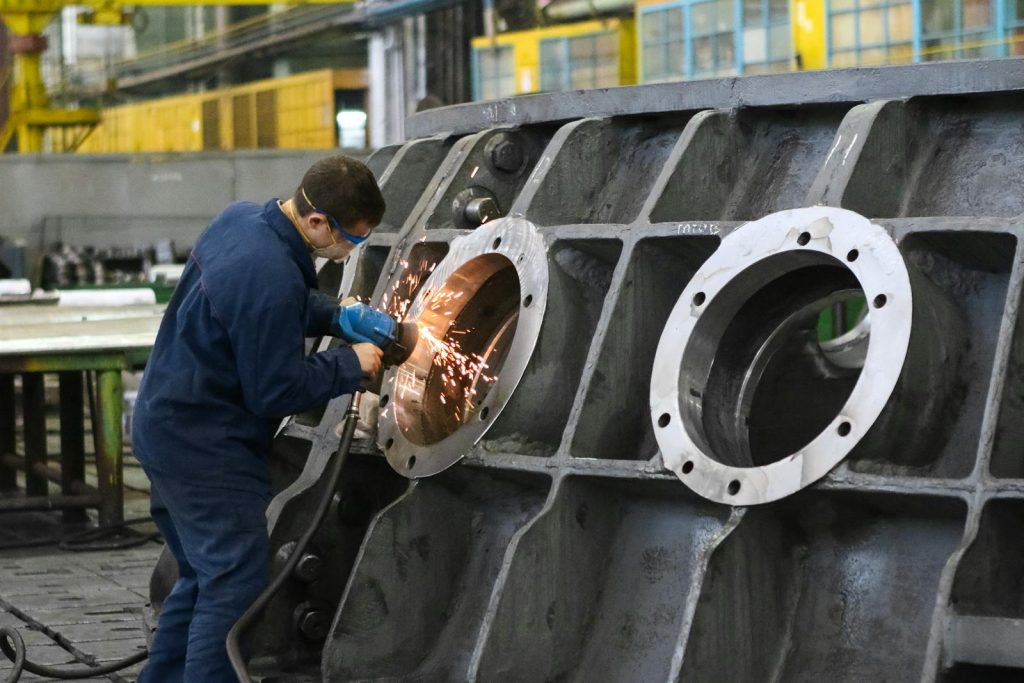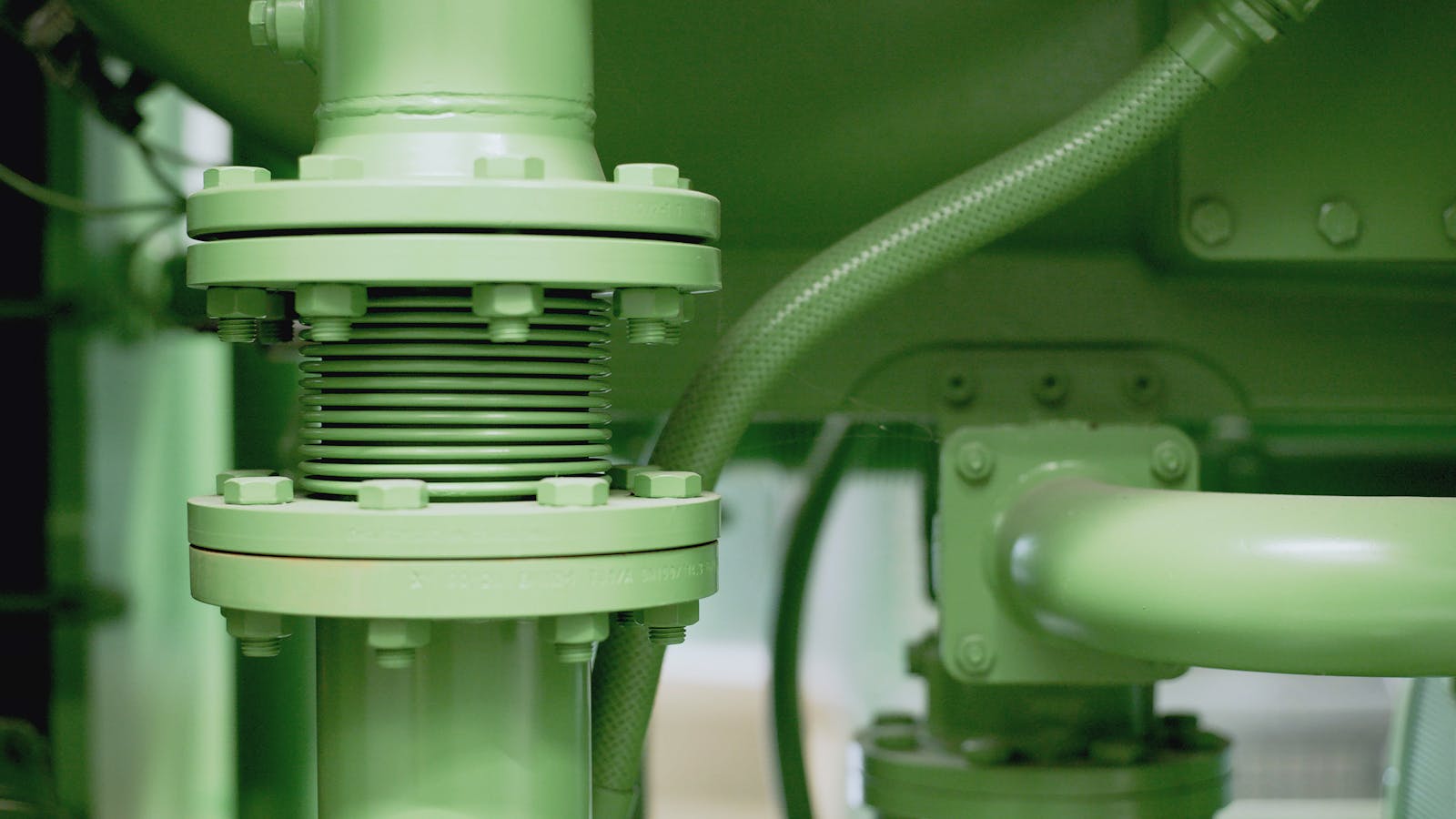Metal gaskets provide exceptional performance where other sealing solutions cannot survive. These specialized sealing devices are engineered from various metal alloys including stainless steel, copper, aluminum, and nickel to withstand extreme conditions that would destroy conventional gasket materials. In demanding industrial environments where temperatures soar beyond 1000°F or pressures exceed several thousand PSI, standard gasket materials simply fail.
The durability of metal gaskets makes them essential components in critical applications across oil and gas, chemical processing, aerospace, and power generation industries. Their ability to maintain seal integrity under fluctuating temperatures and pressures while resisting chemical attack ensures system reliability when failure is not an option.
Types of Metal Gaskets for Different Applications
Spiral Wound Gaskets
Spiral wound designs combine alternating layers of metal and filler material. This construction provides excellent resilience and recovery properties, making them suitable for applications with thermal cycling. The metal component provides strength while the filler material (often graphite or PTFE) enhances sealability. These gaskets perform exceptionally well in heat exchangers, valve bonnets, and pipeline flanges.
Corrugated Metal Gasket Solutions
A corrugated metal gasket features a distinctive wave-like pattern that creates multiple sealing points against the flange surface. This design distributes compressive forces more evenly and accommodates surface irregularities better than flat gaskets. The corrugated metal gasket construction provides excellent recovery under thermal cycling conditions.
Industries with high-temperature steam systems particularly value the corrugated metal gasket for its ability to maintain sealing integrity despite frequent temperature fluctuations. The corrugated design also increases the effective sealing area, enhancing leak prevention even at lower bolt loads.
Ring Joint Gaskets
Commonly used in high-pressure applications, ring joint gaskets are solid metal rings that deform into specially designed flange grooves. Available in oval and octagonal profiles, these gaskets create an extremely tight seal by plastic deformation of the softer gasket material against harder flange surfaces. Their robust construction makes them essential for high-pressure oil and gas applications where containment is critical.
Kammprofile Gaskets
Combining the strength of solid metal cores with the sealability of soft facing materials, Kammprofile gaskets offer excellent performance in demanding applications. The serrated metal core provides mechanical strength while the facing material enhances conformability. These hybrid metal gaskets excel in heat exchangers and reactor vessels where both reliability and reuseability are valued.

Selecting the Right Material for Metal Gaskets
Material selection significantly impacts gasket performance and longevity. Stainless steel offers excellent corrosion resistance and good mechanical properties for general applications. Copper and aluminum provide better conformability and heat transfer characteristics. For more severe environments, exotic alloys like Inconel, Monel, or Hastelloy may be necessary.
The Donit gasket product line includes specialized metal-based solutions that combine traditional metals with proprietary treatments to enhance performance. A Donit gasket often incorporates unique surface treatments that improve sealing properties while maintaining the core strength of the metal substrate.
Engineers should consider not just the gasket material but also its compatibility with the flange materials. Galvanic corrosion can occur when dissimilar metals create an electrochemical cell in the presence of an electrolyte. Proper Donit gasket selection considers these interaction factors to prevent premature failure.
Installation Best Practices for Optimal Performance
Even the most advanced metal gaskets require proper installation to perform effectively. Flange alignment is critical – misalignment creates uneven loading that can compromise sealing integrity. Surface preparation, including removal of old gasket material and proper cleaning, ensures optimal gasket-to-flange contact.
Bolt tightening sequence and torque values must follow manufacturer specifications. Cross-pattern tightening in multiple stages helps achieve uniform compression across the corrugated metal gasket or other metal gasket types. Over-compression can damage both the gasket and flange surfaces, while under-compression may result in leakage.
The Donit gasket installation guidelines often specify proper tools and techniques to maximize performance. Following these guidelines extends service life and minimizes downtime associated with leakage or premature failure.
Performance in Extreme Temperature Applications
Metal gaskets excel where rubber and fiber-based alternatives fail – in extreme temperature environments. High-temperature applications benefit from specific alloys that maintain strength and corrosion resistance despite thermal stress. Nickel alloys like Inconel 625 maintain their properties at temperatures exceeding 1800°F, making them ideal for furnace and exhaust system applications.
Cryogenic applications present different challenges, as many materials become brittle at extremely low temperatures. Aluminum and specific stainless steel alloys maintain ductility and sealing performance even at temperatures approaching absolute zero. This makes them essential for liquefied natural gas processing, aerospace applications, and medical imaging equipment.
The corrugated metal gasket design is particularly valuable in applications with significant thermal cycling, as the corrugated profile accommodates expansion and contraction while maintaining sealing contact.
Chemical Resistance Considerations
Chemical compatibility represents another critical factor in metal gasket selection. Process fluids in chemical manufacturing, petroleum refining, and pharmaceutical production often contain highly corrosive compounds that quickly degrade unsuitable materials.
The Donit gasket engineering team carefully analyzes process chemistry when recommending specific metal compositions. For example, titanium offers exceptional resistance to chlorides and oxidizing acids, while Hastelloy C-276 withstands both reducing and oxidizing environments. Tantalum provides nearly universal chemical resistance but at significantly higher cost.
Surface treatments and coatings can enhance the chemical resistance of base metals. PTFE coatings on metal gaskets combine the mechanical strength of metal with the chemical inertness of fluoropolymers. These hybrid solutions extend service life in challenging chemical environments while maintaining the pressure and temperature capabilities inherent to metal gaskets.
Cost Considerations and Lifecycle Analysis
While metal gaskets typically cost more than non-metallic alternatives initially, lifecycle analysis often reveals lower total ownership costs. The extended service life, reduced maintenance requirements, and prevention of costly leakage incidents justify the higher acquisition cost in critical applications.
The Donit gasket value proposition emphasizes this total cost perspective, highlighting how premium metal sealing solutions reduce overall operational expenses through improved reliability and extended replacement intervals. When system downtime costs thousands of dollars per hour, the investment in superior sealing technology proves economically sound.

